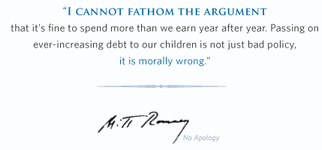The banks need, and I propose, ECB deposit insurance for all euro zone banks.
Currently the member governments insure their own member bank deposits and do the regulation and supervision.
So to get from here to there politically they need to turn over banking supervision to the ECB.
Let me suggest that’s a change pretty much no one would notice or care about from a practical/operational point of view?
The political problem would come from losses from existing portfolios that, in the case of a bank failure due to losses in excess of equity capital, currently would be charged to the appropriate member nations.
So under my proposal, for the ECB to suffer actual losses a member bank that it supervises and regulates would have to suffer losses in excess of its capital.
And none of the member governments currently think that their banks have negative capital, especially if they assume member governments don’t default on their debt to the banks.
And this ‘fix’ for the banking system would help insure the member governments don’t default on their obligations to their banks.
The euro zone has three financial issues at this point. One is bank liquidity which this proposal fixes. Second is national government solvency, and third is the output gap.
They need to allow larger government deficits to narrow the output gap, but that first requires fixing the solvency issue.
The solvency issue can be addressed by having the ECB guarantee all of the member government debt, which then raises the moral hazard issue.
The moral hazard issue can be addressed by giving the EU the option of not having the ECB insure new government debt and forbidding its banks to buy new government debt as a penalty for violators of the debt and deficit limits of the Stability and Growth Pact.

